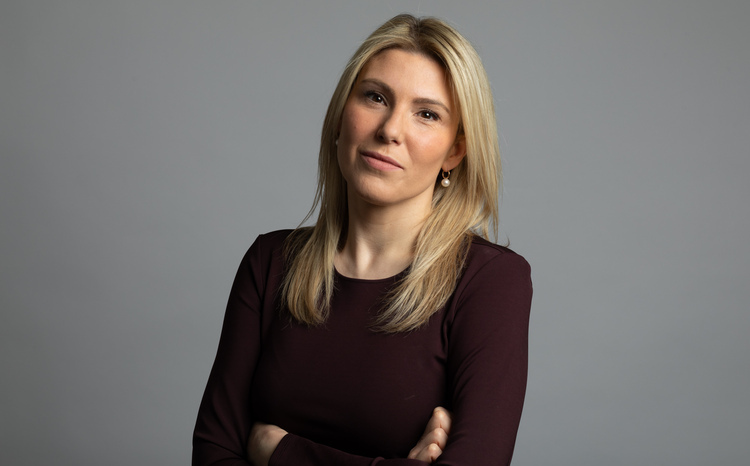Second NHS wi-fi survey underway
- 30 September 2014

The second edition of a nationwide survey on wi-fi access within the NHS should show whether organisations are heeding a call for improved access.
EHI Intelligence has commissioned GP Dr Marcus Baw to run the second edition of the nationwide survey on wi-fi use in the NHS, in conjunction with NHS Hackday, OpenGPSoC and HANDI.
Baw said he decided to run the first survey last year after speaking to fellow GPs and healthcare professionals about the inconsistencies in access to wi-fi across the health system.
“Everyone that has got wi-fi thinks that everyone else has got it, and everyone that doesn’t have wi-fi thinks nobody’s got it.
“Nobody else had the data: you’d think the Health and Social Care Information Centre or NHS England would have an idea of the prevalence of wireless access, but they didn’t.”
Baw said the results of the first survey, showing that only 22% of frontline NHS staff had access to wi-fi, were presented to NHS England clinical informatics director Jonathan Kay to demonstrate the need to improve access.
“We’re talking about trying to promote new ways of working, such as clinical portals accessed through the internet, and the royal colleges are keen to use the best sources of information we have and they’re increasingly web-based.
“We’re trying to use the best, most modern pieces of information to help the patient, and not being able to, having to use textbooks that are by definition ridiculously out of date, is appalling.”
Baw said the second edition of the survey will show whether there has been progress across the country, as well as the areas where access is good or bad.
There are plans to publish a map of wi-fi access for secondary care providers to show where improvements can be made.
“Hopefully we’re able to point the people in power to the right directions and show them where the gaps are.”
Baw said he has made some small changes from the first survey, adding a separate category for the mental health sector due to their “different culture and world” while also introducing an option to select job roles.
“I’m interested to see how doctors, nurses, paramedics access wi-fi…we won’t know how relevant it is until we look, but if they managers all say they have access at an institution and the doctors say they don’t, that could be interesting.”
Baw said he has already received 250 responses, and is hoping to get “five to ten times more” than the 750 responses he got last year.
The survey will close one week before EHI Live 2014, where Baw will present the survey’s findings.
He said he intends to continue running the survey each year until the point where it is no longer needed.
“In a few years, wi-fi will become so ubiquitous that there’s no need to ask people about it.”
The survey has been commissioned by EHI Intelligence and the results will be presented by Dr Marcus Baw at EHI Live 2014.
EHI Live 2014 will take place at the NEC in Birmingham from 4-5 November. For a full list of the keynote speakers, co-located conferences, feature areas and exhibitors, visit the show website. Registration is free and open now.





